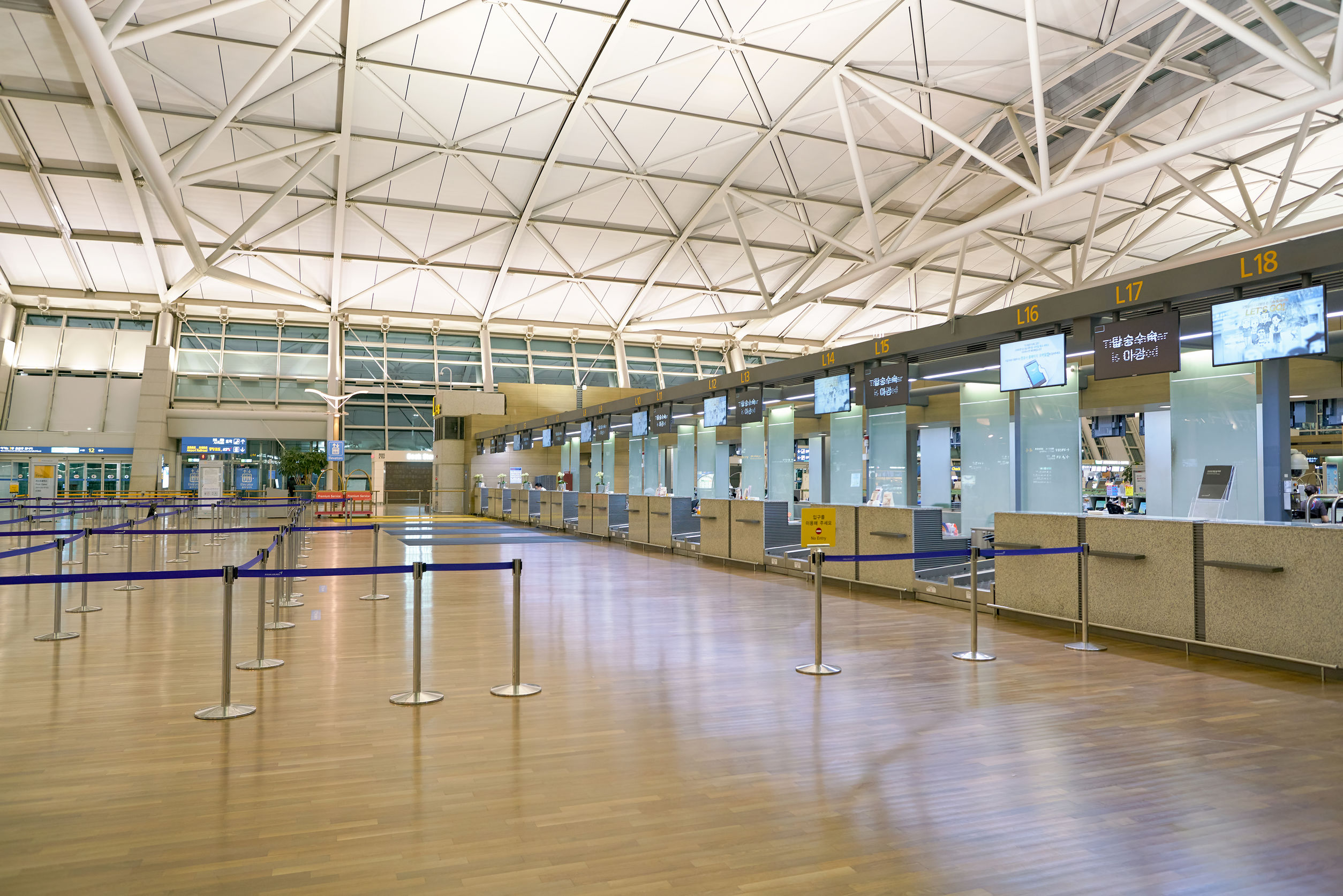Airport industry in Asia-Pacific needs urgent government aid

If governments do not intervene swiftly, the airport industry in Asia-Pacific and the Middle East will be in danger of being crippled financially, warned the Airports Council International (ACI) Asia-Pacific.
According to ACI revenue forecasts, the 2020 impact of the COVID-19 pandemic currently stands at US$23.9 billion for Asia-Pacific and US$5.7billion for the Middle East. In the first quarter of 2020 alone, loss for Asia-Pacific is estimated to be US$5.6 billion, while a prolonged COVID-19 outbreak is expected to result in a traffic volume loss in the range of 1.5 billion passengers for the region.
Stefano Baronci, director general of ACI Asia-Pacific, said, “The updated analysis paints an extremely challenging picture for our airport members, who have already burnt through about 10% of total yearly revenues in just three months. Every passenger lost by an airline is equally a passenger lost by an airport. Relief measures are needed now for the sake of the entire aviation sector’s resilience to save jobs and allow economic recovery.”
Many governments around the world are already answering to the ACI’s call, with the US pledging US$58 billion in aid. In Singapore, national flag carrier Singapore Airlines has received a S$13 billion funding package from state investor Temasek Holdings, the biggest rescue package made to any airline to date. Earlier this month, SIA announced that it would be cutting 96% of capacity, ground almost its entire fleet, and impose cost cuts affecting about 10,000 staff.
But, perhaps, more needs to be done. ACI analysis of preliminary weekly passenger data from January to the middle of March at 12 major airports in Asia-Pacific handling around 22% of traffic in the region, shows an increase in traffic deterioration. This culminated in an average decrease in traffic by more than 80% by the second week of March, compared to the same period in 2019.
Calling the role played by airport networks in Asia-Pacific and the Middle East to be essential in enabling the long-term social and economic benefits of connectivity, ACI Asia-Pacific recommended dedicated funding to keep airports operating and ensure their economic sustainability.
“Several governments are still pondering which measures to apply as the crisis unfolds. ACI Asia-Pacific strongly advocates for policy measures that benefit all parties of the aviation sectors without prejudice in favouring airlines,” Baronci concluded.



